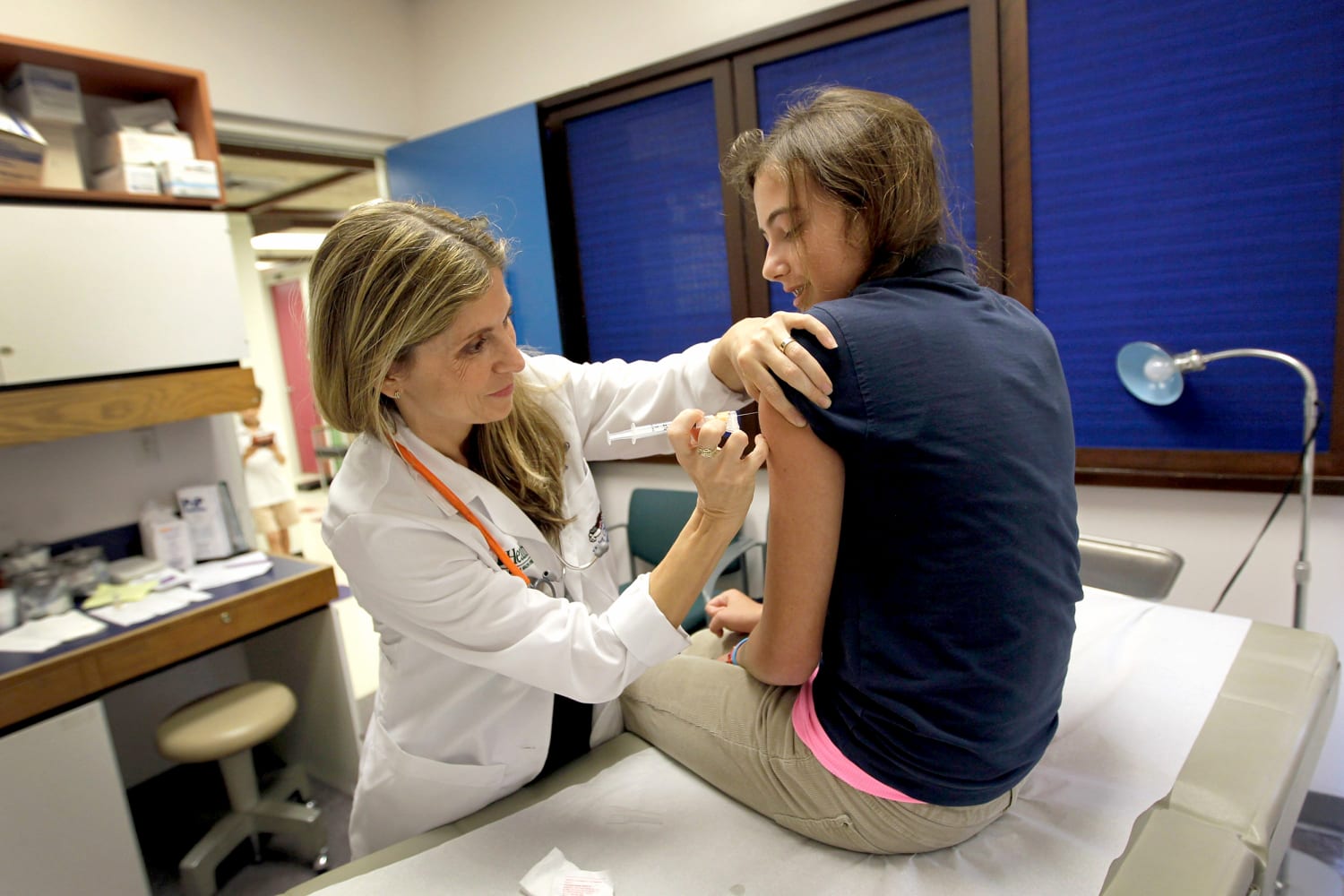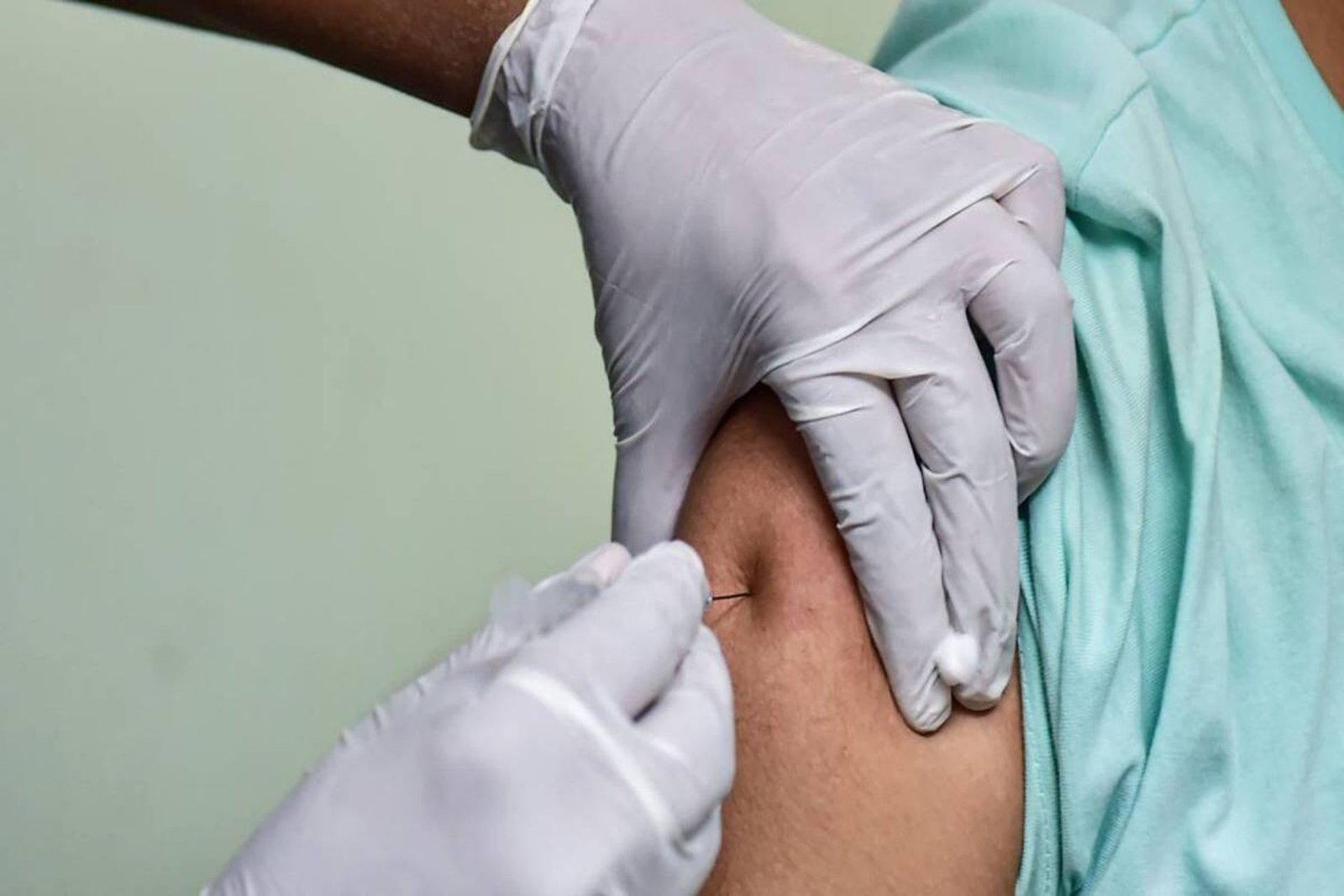Cervical cancer affects over 3,000 women in the United Kingdom each year, making it the 14th most common cancer among women in 2018. Cervical cancer accounted for 2% of all new cancers among women during this time period, with the highest incidence among females aged 30-34 years.Cervical cancer rates have decreased significantly since the 1990s, at least in the United Kingdom, owing primarily to the Human papillomavirus (HPV) immunisation programme.BackgroundThe HPV vaccination programme employs Cervarix, a bivalent vaccine designed for use in children as young as nine years old.
Cervarix specifically targets two types of high-risk oncogenic HPV strains, HPV types 16 and 18. Though these are not the only oncogenic HPV strains, they are responsible for 70% of cervical cancers, as well as other genital cancers and cancers of the head and neck.Cervarix is a recombinant protein subunit vaccine derived from the virus’s L1 capsid protein that is assembled into a virus-like particle to enhance immune recognition. This vaccine is administered intramuscularly.Cervarix is given in two doses every six months to children aged 9 to 14 years. Above the age of 15, three doses are administered, with one month separating the first and second doses and five months separating the second and third doses. The current study looked at how this programme affected the rates of cervical cancer and cervical carcinoma in situ (grade 3 cervical intraepithelial neoplasia, CIN), which are often precursors to cancer.The study’s findingsThe researchers tracked the incidence rates of cervical cancer and grade 3 CIN using data from over 13.7 million follow-up years from women aged 20-29 years. They discovered that when girls between the ages of 16 and 18 were vaccinated, cervical cancer rates were reduced by 34% when compared to unvaccinated women.

The relative risk reduction for cervical cancer was still greater for those aged 14-16 years at the time of vaccination, at 62 percent, while those vaccinated between 12-13 years had an 87 percent reduced risk when compared to the unvaccinated group.When vaccinated at 16-18 years, the risk of grade 3 CIN was reduced by 39% from the baseline, 75% when vaccinated at 14-16 years, and 97% when vaccinated at 12-13 years.Thus, cervical cancers in England were reduced by about 450 cases, while grade 3 CIN were reduced by over 17,000 in vaccinated girls compared to the unvaccinated cohort.
Implications. This early evaluation of the HPV immunisation programme in England shows that both cervical cancer and CIN3 incidence dropped dramatically among young women after the program’s implementation.
______
Vaccination | Don’t forget to follow us on Twitter @njtimesofficial. To get the latest updates





